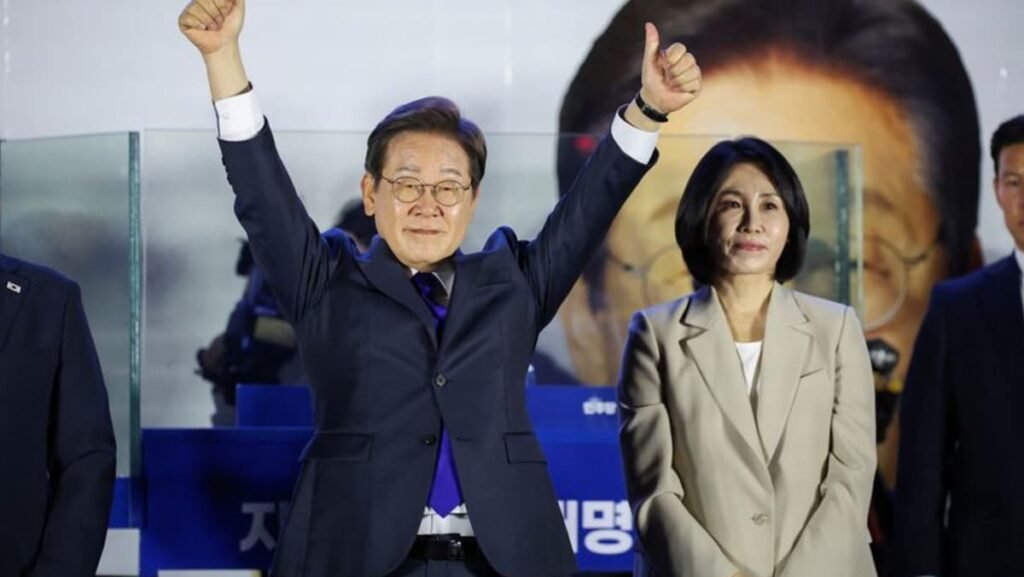With a progressive government back in South Korea and key figures including U.S. President Donald Trump and North Korea’s Kim Jong Un—who were instrumental in the 2018 and 2019 summits in Singapore and Hanoi—there is a potential for renewed diplomatic engagement.
Although circumstances have shifted, particularly due to North Korea’s recent military collaboration with Russia, both Mr. Trump and Mr. Kim seem open to resuming negotiations. The Lee administration aims to take a more proactive and positive approach to tackle issues related to North Korea.
Regarding the rivalry between the U.S. and China, the Lee administration will face increased demands to strengthen cooperation with the United States.
Mr. Lee has committed to bolstering the alliance with the U.S. and enhancing the trilateral relationship among the U.S., Japan, and South Korea. Simultaneously, he has emphasized that South Korea should avoid being dragged into conflicts between the U.S. and China, particularly regarding Taiwan. He refers to this approach as “pragmatic” diplomacy that serves the national interests of South Korea.
Navigating this balancing act is challenging. Mr. Lee needs to demonstrate strong diplomatic abilities to steer through external pressures and make advancements towards peace and stability on the Korean peninsula. Failing to do so might weaken the alliance with the U.S. or turn South Korea into a mere pawn in the rivalry among great powers.

